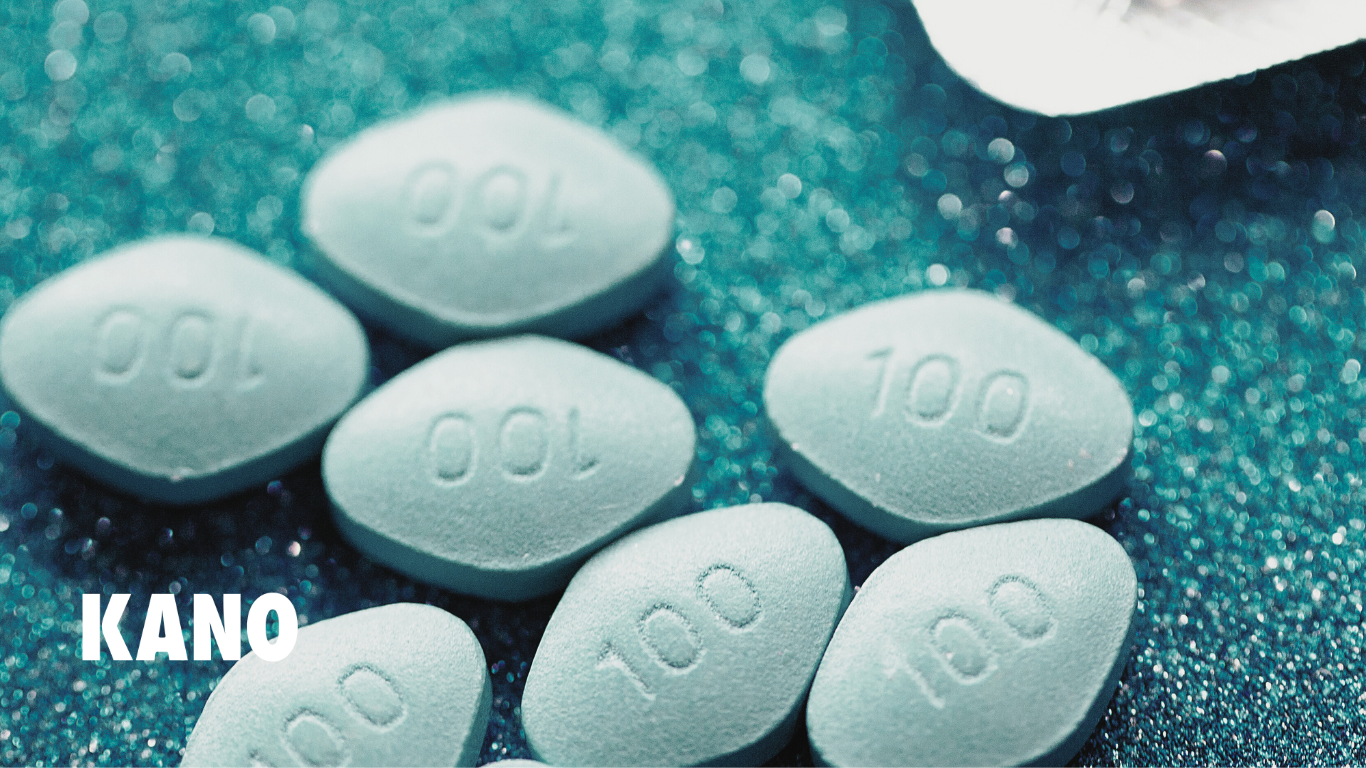Erectile dysfunction (ED), defined as the persistent inability to achieve or maintain an erection sufficient for satisfactory sexual activity, affects an increasing number of men worldwide. This condition goes far beyond mere personal embarrassment; it has significant psychological, social, and economic repercussions. By 2024, over 322 million men worldwide were suffering from erectile dysfunction, and this number continues to rise, mainly due to the aging population, changing lifestyles, and increasing chronic diseases such as diabetes and cardiovascular diseases.
A growing medical problem
Erectile dysfunction affects nearly 52% of men aged 40 to 70, with an incidence that increases with age. According to a study by the Massachusetts Male Aging Study (MMAS), about 40% of men at the age of 40 show signs of erectile dysfunction, and this figure reaches 70% by the age of 70. This high prevalence is associated with common risk factors such as hypertension, hypercholesterolemia, diabetes, and smoking.
In Europe, a 2019 survey revealed that 26% of men over 50 suffer from ED, with particularly high rates in countries with aging populations. In France, around 3.5 million men are affected by erectile dysfunction, which is nearly 20% of men over 40.
Psychological and relational impact
Erectile dysfunction has a profound impact on the quality of life of men and their partners. Studies show that 75% of men suffering from ED experience anxiety or depression, and over 80% report a significant decrease in their self-esteem. The inability to maintain a fulfilling sex life can lead to tension within a relationship. A European study revealed that 69% of couples in which one partner suffered from ED saw their relationship significantly affected.
The link between erectile dysfunction and depression is bidirectional: studies show that 20% of men with depression also suffer from erectile dysfunction. The psychological stress caused by these sexual dysfunctions can also worsen symptoms of depression and anxiety, creating a vicious cycle.
Economic repercussions
Beyond personal implications, erectile dysfunction has significant economic repercussions. The cost of treatments for ED, whether it's medications such as Viagra or Cialis, medical devices, or surgical interventions, amounts to billions of euros each year. In the United States, the direct expenses for erectile dysfunction treatments reach about 4 billion dollars per year. In Europe, the market for ED drugs is estimated at over 2.5 billion euros.
Beyond the direct cost of treatments, there are also indirect costs, such as the loss of productivity and absenteeism related to mental health issues associated with erectile dysfunction. A man suffering from untreated ED is more likely to be absent from work or to experience a decrease in productivity due to anxiety and stress. In the United States, these indirect costs are estimated at 10 billion dollars per year.
An indicator of underlying diseases
Erectile dysfunction is not just an isolated health issue; it is often an early indicator of cardiovascular diseases and other serious health problems. Studies show that men with ED have 1.6 times higher risk of developing heart diseases. In fact, ED is sometimes considered a "vascular health barometer". It can be one of the first signs of arteriosclerosis, a condition in which the arteries harden, limiting blood flow to the heart and other parts of the body, including the penis.
Moreover, nearly 50% of diabetic men develop erectile dysfunction within 10 years following the diagnosis of diabetes, due to the damage to nerves and blood vessels caused by high blood sugar. Early management of erectile dysfunction can therefore contribute to the early detection and treatment of other serious diseases.










